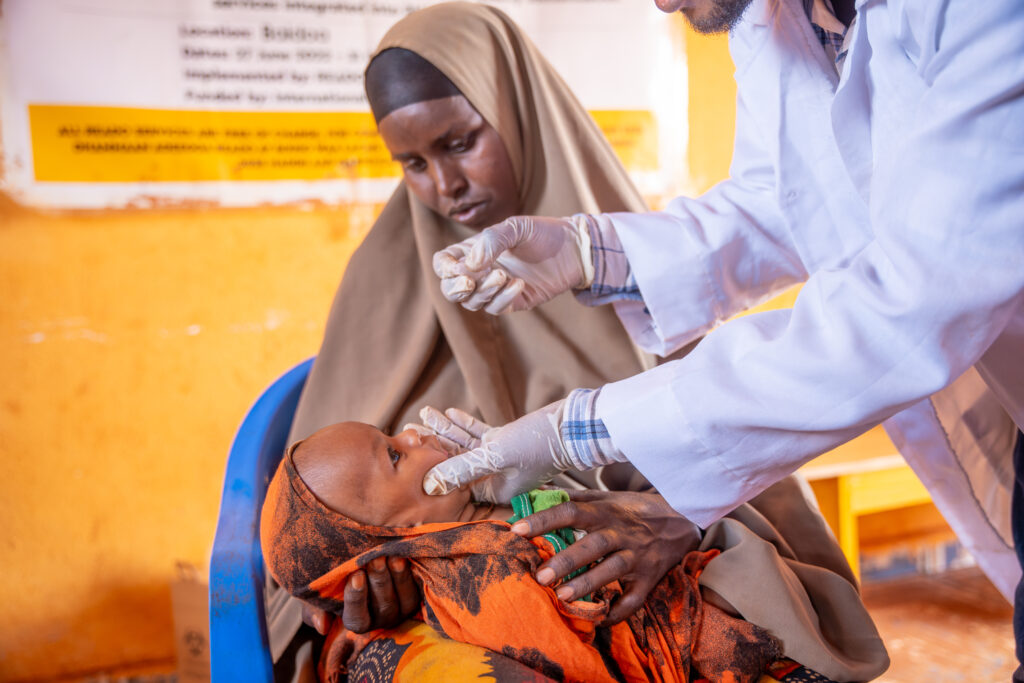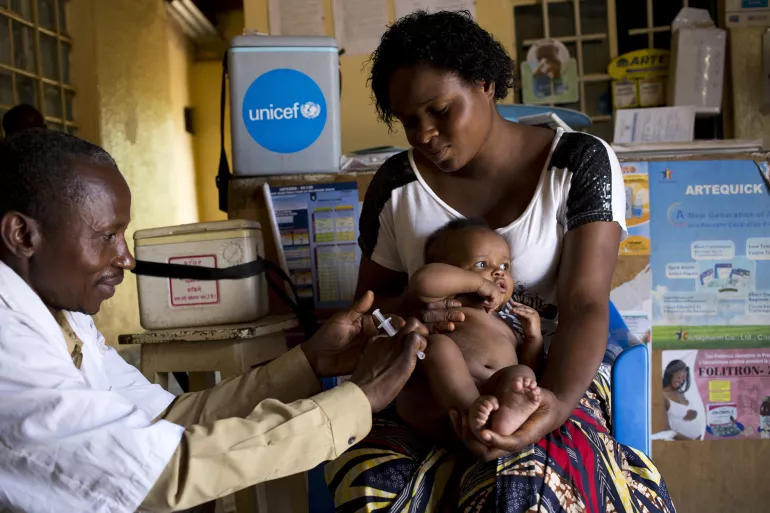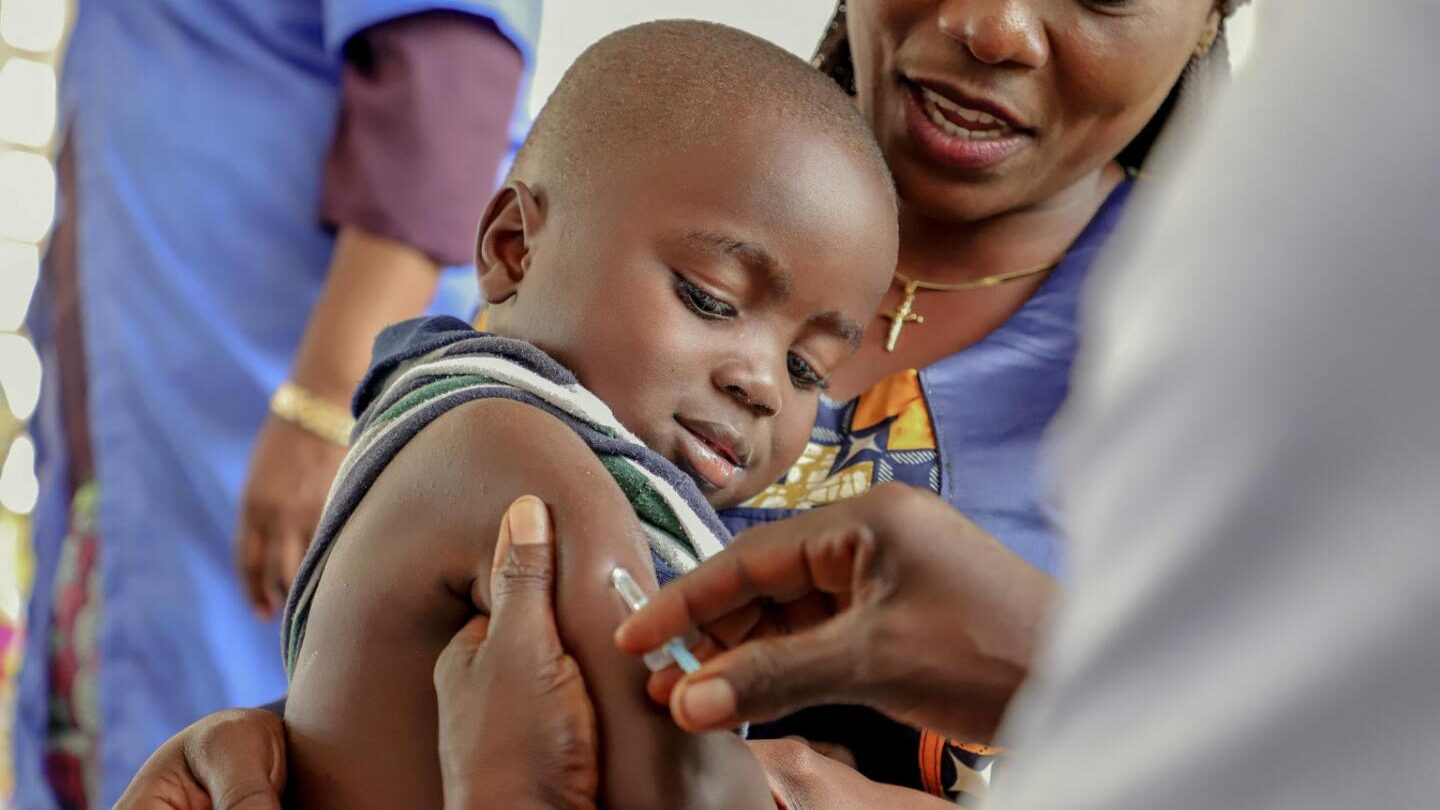Vaccination and public health campaigns Gulf countries have become a cornerstone of community health. Over the years, these campaigns have helped prevent widespread disease outbreaks, protect vulnerable populations, and ensure a healthier future for residents. Governments in the Gulf region have prioritized immunization programs as part of their commitment to public health, investing heavily in resources, awareness campaigns, and advanced healthcare infrastructure.
The Importance of Vaccination in the Gulf
Vaccination is one of the most effective tools for preventing infectious diseases. In the Gulf, where populations are diverse and include a mix of citizens and expatriates, vaccination programs ensure that everyone has access to essential immunizations. Vaccines protect individuals from life-threatening illnesses like measles, influenza, hepatitis, and more recently, COVID-19.
The Gulf Cooperation Council (GCC) countries have recognized that vaccination is not just a personal health measure but a public health priority. Mass immunization helps build herd immunity, reducing the spread of disease and safeguarding those who cannot be vaccinated due to medical conditions.
Public Health Campaigns: Raising Awareness
Vaccination alone is not enough; awareness is equally critical. Public health campaigns Gulf countries run are designed to educate people about the benefits of immunization, dispel myths, and encourage compliance. These campaigns use multiple channels, including television, social media, community workshops, and mobile health applications, to reach residents effectively.
For instance, during the COVID-19 pandemic, Gulf governments launched large-scale awareness campaigns emphasizing the safety and efficacy of vaccines. Information was provided in multiple languages to cater to expatriate communities, ensuring no one was left behind.
Innovative Strategies in Gulf Vaccination Campaigns
Gulf countries have embraced innovative strategies to maximize the impact of vaccination and public health campaigns. Some notable initiatives include:
- Mobile Vaccination Units: To reach remote areas or residents with limited access to healthcare, mobile clinics offer vaccinations directly in neighborhoods.
- Digital Health Platforms: Mobile apps and online portals allow residents to book vaccination appointments, track their immunization status, and receive reminders for follow-ups.
- School-Based Programs: Children are vaccinated through school programs, ensuring that young populations are protected from early stages.
- Partnerships with Community Leaders: Collaborating with local influencers, religious leaders, and social organizations helps spread accurate information and build public trust.
Achievements and Results

Vaccination and public health campaigns Gulf countries have led to remarkable achievements. Immunization coverage rates have significantly improved, with most GCC nations achieving above 90% coverage for routine vaccines.
The campaigns have successfully:
- Reduced the incidence of preventable diseases such as polio and measles.
- Increased public confidence in vaccines through transparent communication.
- Strengthened healthcare systems by integrating vaccination with other preventive services.
Addressing Challenges
Despite significant progress, Gulf countries face challenges in vaccination campaigns. Vaccine hesitancy, fueled by misinformation on social media, remains a concern. Cultural and linguistic diversity also requires campaigns to be tailored carefully to reach all communities.
To tackle these issues, governments focus on:
- Launching fact-based educational campaigns.
- Engaging trusted figures to share accurate health information.
- Offering free vaccines to reduce financial barriers.
The Role of Technology
Technology has revolutionized public health campaigns in the Gulf. Digital health platforms not only streamline vaccination schedules but also collect data to monitor vaccine effectiveness and coverage.
Artificial intelligence and predictive analytics help authorities identify areas with lower vaccination rates, allowing targeted interventions. Additionally, social media campaigns are designed using analytics to engage younger populations effectively, making vaccination more accessible and appealing.
Future of Vaccination and Public Health Campaigns in the Gulf
The future of vaccination and public health campaigns Gulf-wide is promising. Governments are continuously investing in research, new vaccines, and healthcare infrastructure. Collaborative efforts with international organizations like the World Health Organization (WHO) ensure that the Gulf stays prepared for emerging health threats.

Future strategies will likely include:
- Expanding adult vaccination programs for diseases like influenza and pneumonia.
- Strengthening pandemic preparedness through rapid response vaccination teams.
- Enhancing cross-border health collaborations to protect travelers and migrant workers.
Conclusion
Vaccination and public health campaigns Gulf have played a pivotal role in safeguarding communities and ensuring healthier populations. Through effective awareness programs, innovative strategies, and technological advancements, GCC countries have made significant progress in preventing diseases and promoting public health.
While challenges like vaccine hesitancy and misinformation persist, ongoing efforts by governments, healthcare professionals, and community leaders are making a tangible difference. By continuing to prioritize immunization and public health, the Gulf region sets a global example of how proactive healthcare measures can protect lives and strengthen society.
Do Follow Gulf Magazine on Instagram



